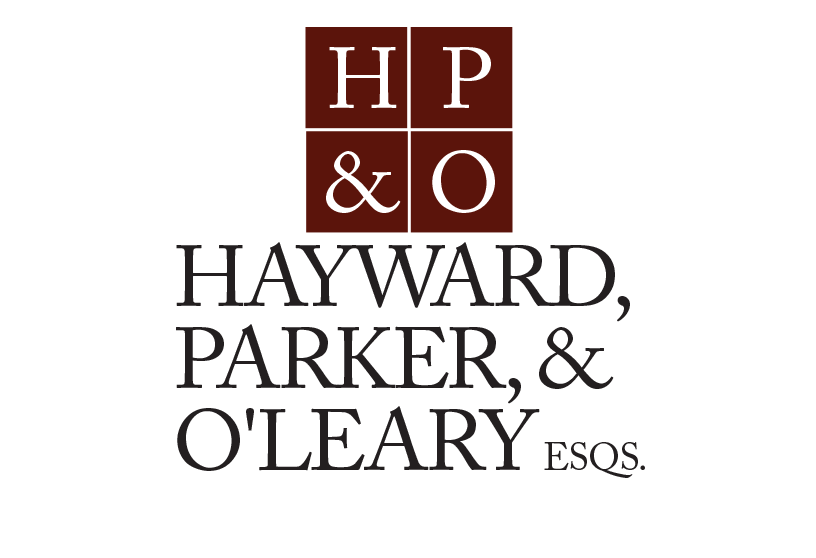Orange County Lawyers Discuss Small Business Bankruptcy in New York
There are many bankruptcy-related options available to a financially troubled Small Business. Figuring out which option is best is the “Million Dollar Question” that usually requires an analysis of many factors. The bankruptcy relief available to the Small Business is initially determined by the nature of the business entity. Only a Sole Proprietorship is eligible for a Discharge under Chapter 7, Chapter 11 and Chapter 13. Neither Corporations, Partnerships nor Limited Liability Companies are authorized to file a case under Chapter 13. Each can file a case under Chapter 7, thereby obtaining the benefits of the automatic stay, but none are eligible to receive a Chapter 7 Discharge. Every business entity is eligible to file under Chapter 11 and obtain a Chapter 11 Discharge.
For most Small Businesses in dire financial straits the threshold question should be: (1) Do we try to reorganize the business under Chapter 11? OR (2) Do we file a Chapter 7 Bankruptcy?
Any Small Business contemplating a Chapter 11 Reorganization should consider the following questions:
- What caused the problems that the business is currently facing?
- Can these problems be fixed?
If (1) you do not know the answer to the first question, or (2) if the answer to the second question is “No”, then Chapter 11 Reorganization is probably not for you. While not universally true, there are a few “problems” from which a Small Business has little hope of recovery, as follows:
- There is an insufficient market for your product. Using the old cliché, if you are trying “to sell ice to Eskimos”, your Small Business will probably fail. Even Encyclopedia Britannica (generally regarded as the best encyclopedias in print) recently announced that it was no longer going to make encyclopedias in print form. Why? Because most people these days use online resources to get such information. Time has simply “passed by” some products or business models.
- A “Big Box Category Killer” has moved into your area, and you cannot compete with them. Home Depot and Lowes have driven most “Mom and Pop” hardware stores out of business, just like Staples and Office Depot have driven out of business most local stationery and office supply stores. Unless you plan on spinning off your business efforts into a related area that the “Big Box” store does not concentrate on, a Chapter 11 Reorganization could be difficult.
- The company’s work force does not have the skills required to compete in the marketplace. Your employees may be the best in the world at repairing rotary-dial telephones, but if they cannot repair digital phones or hand-held devices, the company will continue to have problems. Unless you are prepared to either (1) re-train your existing work force, or (2) fire your existing work force and hire appropriately skilled employees, Chapter 11 will be difficult for your Small Business.
- The management of the business is incompetent. If a Chapter 11 Debtor-In-Possession is still being run by the same management team that ran it into the ground in the first place, a successful Chapter 11 Reorganization for your Small Business could be problematic.
Notwithstanding the above “doom and gloom” scenarios, there are many problem situations confronting Small Businesses that do lend themselves to successful Chapter 11 Reorganization. The following is a non-exhaustive list of such situations:
- The Small Business is generally healthy but “cash strapped”, resulting in its inability to simultaneously fund its ongoing business operations AND continue to pay its existing debt.
- The Small Business is generally healthy but plagued by disadvantageous leases or long-term contracts, such as when it is paying excessive rent for commercial space that it no longer needs and/or can no longer afford.
- The Small Business is generally healthy but certain creditors (frequently taxing authorities) are threatening to seize the assets or cash that the Small Business needs to continue with its operations.
There are many situations where a Chapter 7 Bankruptcy can the preferable bankruptcy option for a Small Business, including:
- The Small Business has no chance of ever becoming viable. The above referenced folks trying to sell ice to Eskimos would be a good illustration of this.
- The only assets of the Small Business are the owner’s skill, knowledge and contacts in a particular field. This is generally the case in most personal services-type businesses such as consulting, or installation and repairs. The owner can simply discharge the debt in Chapter 7 and continue on in the same field, frequently having to change only the name of the business entity.
- There is so much debt owed that the Small Business would never be able to repay even a portion of it under any circumstances.
A “liquidating” Chapter 11 can be a middle ground between Chapter 11 and Chapter 7, as it can provide some breathing room for the Small Business to sell its assets at a better price than could be obtained as part of a Chapter 7 liquidation.
Once you get your bearings as to which type of bankruptcy might be available and appropriate for the problem confronting your Small Business, you are encouraged to examine our more detailed treatments of:
Chapter 11 Bankruptcy
The experienced Business Bankruptcy Lawyers at Hayward, Parker & O’Leary Esqs. will be more than happy to help you and your Small Business navigate through the tough and uncertain financial waters that are confronting you.
